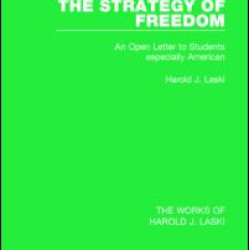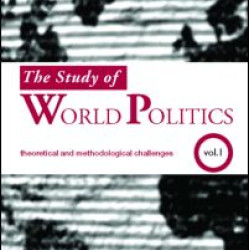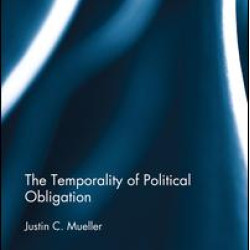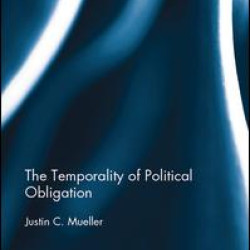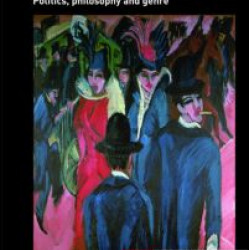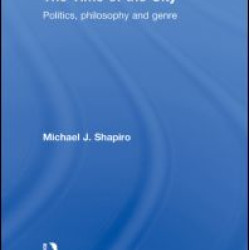Political Theory
Brand: Taylor & Francis
Model: 9780415049931
This clear and systematic study outlines the patterns of ethnic politics in Burma, Singapore, Indonesia, Malaysia and Thailand, examining why some countries are more successful at 'managing' their ethnic politics than others...
₹8,812.80 ₹11,016.00
Brand: Taylor & Francis
Model: Stock
In this tract, Laski discusses the British case for the of Hitler from the angle of the university student, especially from America, who had doubts about the complexities of the situation. He illustrates why all parties in Britain felt that future freedom of intelligence depended on victory...
₹1,979.21 ₹2,474.01
Brand: Taylor & Francis
Model: 9780415385480
James Rosenau’s work is known for its originality and clarity and the sixteen articles in this new volume are no exception, as they tackle the specific challenges posed by globalization and governance...
₹2,643.10 ₹3,303.88
Brand: Taylor & Francis
Model: 9780415363389
The Study of World Politics is two volume set that presents thirty-nine essays of some two hundred essays authored by Professor James Rosenau, a renowned international political theorist...
₹2,716.54 ₹3,395.68
Brand: Taylor & Francis
Model: Stock
This book offers a critique and reconceptualization of the ways in which our political obligations – what we owe to political authorities and communities, and the reasons why we ought to obey their rules – have been traditionally conceptualized, justified, and contested. Justin Mueller uses a uniqu..
₹8,812.80 ₹11,016.00
Brand: Taylor & Francis
Model: Stock
This book offers a critique and reconceptualization of the ways in which our political obligations – what we owe to political authorities and communities, and the reasons why we ought to obey their rules – have been traditionally conceptualized, justified, and contested. Justin Mueller uses a uniqu..
₹2,789.98 ₹3,487.48
Brand: Taylor & Francis
Model: Stock
Engaging with critical theory, poststructuralist perspectives, cultural studies, film theory and urban studies, the book provides stunning insights into the micropolitics of ethnicity, identity, security, subjectivity and sovereignty...
₹2,789.98 ₹3,487.48
Brand: Taylor & Francis
Model: Stock
Engaging with critical theory, poststructuralist perspectives, cultural studies, film theory and urban studies, the book provides stunning insights into the micropolitics of ethnicity, identity, security, subjectivity and sovereignty...
₹9,180.00 ₹11,475.00
Brand: Taylor & Francis
Model: Stock
Hoffer began writing The True Believer in the 1940s, as Nazism and fascism spread across Europe. Most analysts studying how these movements became so powerful focused on their leaders and the ideas they trumpeted...
₹1,468.07 ₹1,835.08
Brand: Taylor & Francis
Model: Stock
Tamás Nyirkos provides a timely and essential reassessment of the concept of the ‘tyranny of the majority’ for the study of democracy today...
₹8,812.80 ₹11,016.00
Brand: Taylor & Francis
Model: Stock
Theory of International Politics created a “scientific revolution” in international relations, starting two major debates. It defined the 1980s controversy between the ‘neorealists,’ who believed that competition between states was inevitable, and the ‘neoliberals,’ who believed that states could co..
₹1,468.07 ₹1,835.08
Brand: Taylor & Francis
Model: Stock
Rawls’ 1971 text links the idea of social justice to a basic sense of fairness that recognizes human rights and freedoms...
₹1,468.07 ₹1,835.08



